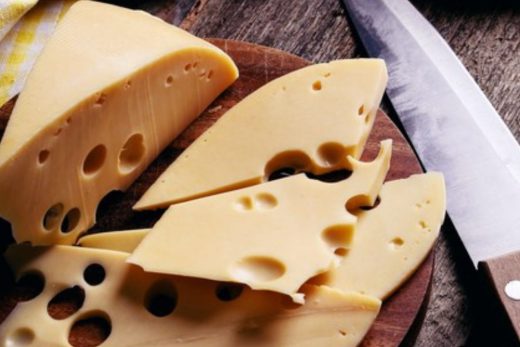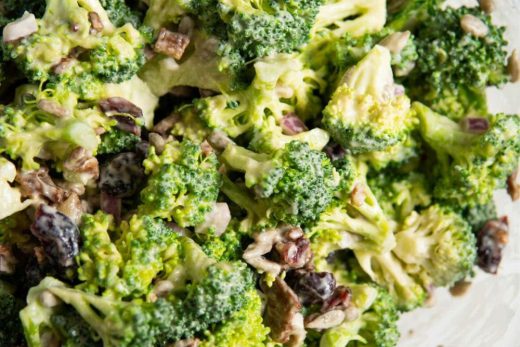Mutura, mara, smokies, and other Kenyan street foods rely on very strict market bases: First, they rely on the evening crowd, people on their way home from work, who buy them before they get back to the house for their real food; then, they rely on the folks out drinking, saa za ulevi (when people are drinking), which is why a lot of mutura is usually sold near bars. The curfew in effect in Kenya means that mutura sellers have a window of an hour, maybe two, in which to sell off their stock. This, coupled with the fact that people are rushing to get home, means that for many mutura sellers, it isn’t worth the risk.
The first big sociological change in the consumption of mutura in Kenya was driven by the British colonial government’s employment and housing policies, which transformed mutura from being a mostly ceremonial and religious food for the Gikuyu into one of the country’s main street foods. Now, I wonder if mutura is one of the things to which COVID-19 will bring permanent change. Will more people start ordering mutura online, to be delivered into their houses? Will people start making and grilling mutura from the comfort of their homes? Will mutura places become hygienic places, with handwashing stations, and utensils being washed, and mutura served as if in a proper restaurant, even though clean mutura isn’t mutura? Me, I don’t know.





